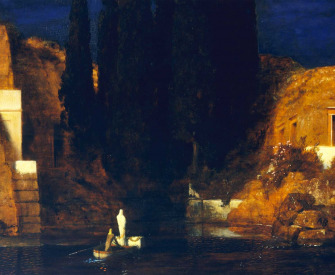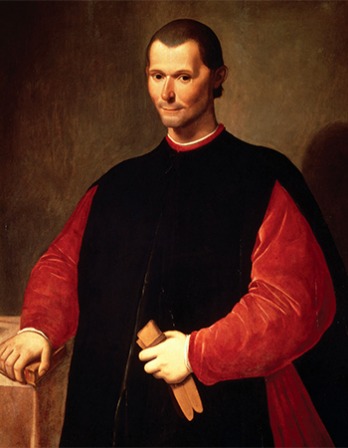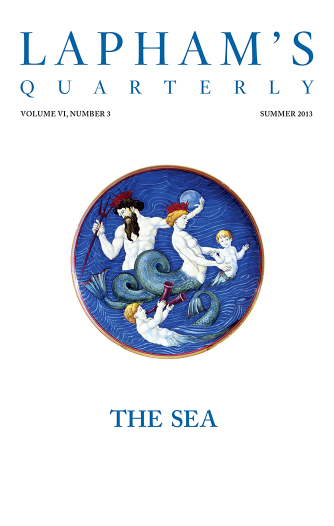So it was my destiny to travel as far as Scythia,
that land lying below the northern pole,
and neither you, Muses, nor you, Leto’s son Apollo,
cultured crowd though you are, gave any help
to your own priest: the fact that my poetry’s more wanton
than my life, that my fun is free of real offense
does me no good. I’ve suffered innumerable perils
on land and sea; now Pontus, seared by perpetual cold,
imprisons me, and I, the escapist, born for leisured
comfort, once soft and incapable of toil,
now endure the worst—yet neither my distant journeys
nor these harborless seas have been able to destroy
a spirit that’s matched its misfortunes: from it my body
borrowed strength to bear what was scarce to be borne.
Yet while I still was prey to the hazards of land and ocean,
such hardships in fact beguiled my care,
my aching heart; but now the trip’s done, the toil of traveling
ended, now I’ve reached the land of my banishment,
weeping’s my only pleasure, the tears come flooding
fuller than melted snow in spring.
Rome and home haunt me, all the places I know and yearn for,
whatever’s left of me in the city I’ve lost.
Ah me, the times I’ve knocked at my sepulchre door, yet never
found it open! Why have I
so often escaped a sword thrust, why do the storm clouds
endlessly threaten, yet never overwhelm
my unlucky head? You gods—whom I’m finding over-relentless
in sharing the fury felt by a single god—
spur on, I beseech you, the laggard Fates, forbid the
portals of my destruction to be closed!
From “Tristia.” Banished to the Black Sea by the Emperor Augustus in the year 8, Ovid attributed his disgrace to “a poem and a mistake”; the former his controversial Ars Amatoria, the latter presumably his knowledge of the debauchery of the emperor’s granddaughter. His reputation as a poet earned him an exemption from taxes in Tomis, where he wrote about his travails in “Ibis,” “Tristia,” and “Letters from the Black Sea.”
Back to Issue





